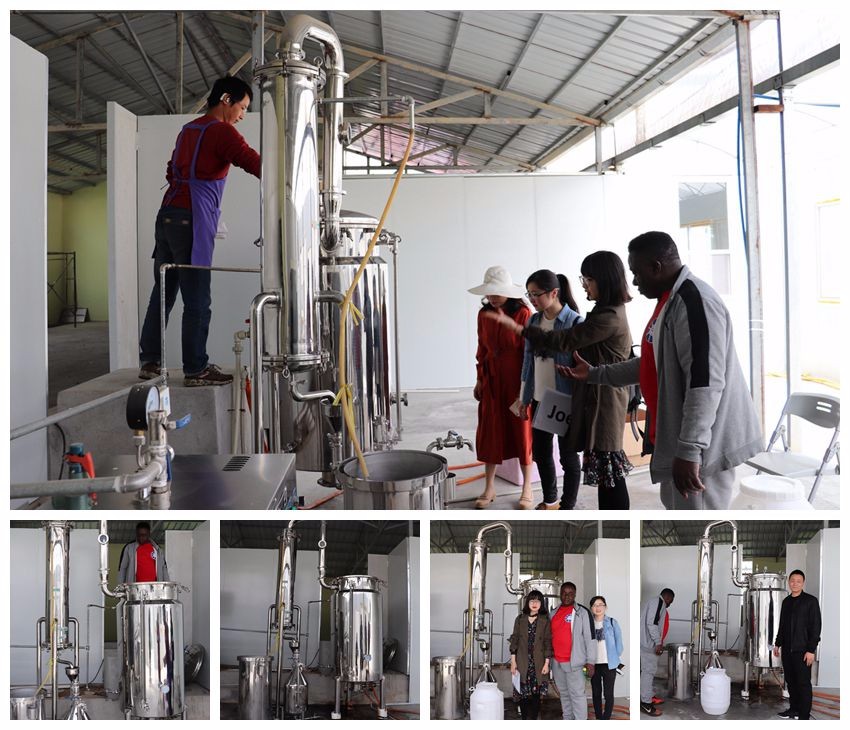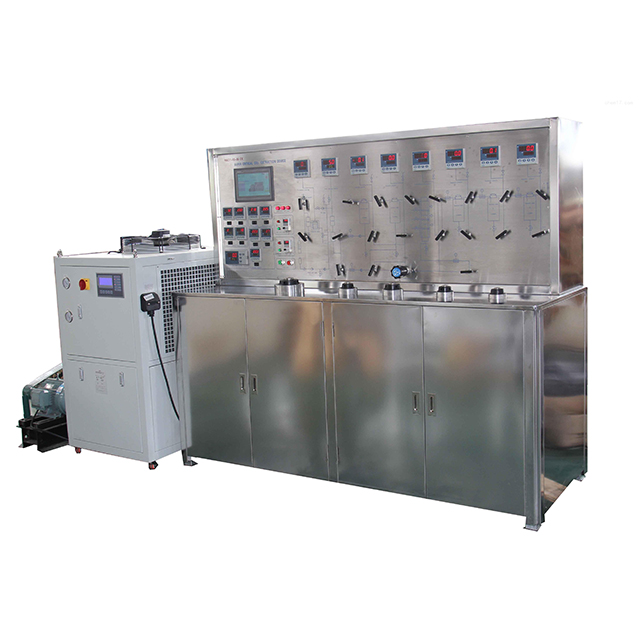What are essential oils?
answer:
Simply defined, essential oils are natural volatile aromatic substances with high concentrations of active ingredients extracted from plant flowers, leaves, peels, bark, trunks, roots, seeds and resins.
Therefore, in professional terms, essential oils are not called essential oils, but “essential”. They are called oils only because of their “lipophilic” properties.
Essence is a variety of aromatic molecules transformed by various enzymes from the secretory cells of plants after photosynthesis.
2. Why do plants make essential oils?
Answer: Just as human beings need to evolve to survive, plants need to evolve to survive. Essential oils for plants are equivalent to blood for humans. Their functions are as follows:
Help plant growth and metabolism,
Regulate the hormone levels for growth, flowering and fruiting in plants,
Against viruses, bacteria and microbes,
Fight against UV damage,
Help the damaged area heal,
Attract insect-borne bird-borne pollination,
Issue a warning,
Repel harmful insects or animals,
Communicate with the same kind,
Ensure that you survive the fire.
The functions of these essential oils are the crystallization of the evolution of plants over hundreds of millions of years, and we humans can help the body and mind to restore the state of joy and balance through good use.
3. How are essential oils extracted?
Answer: Common extraction methods are:
Squeezing method: It is most often used in the extraction of citrus plants, because the essential oils of these plants are mostly found in the peel and can be easily obtained by pressing. For example, sweet orange and lemon essential oils.


Distillation: This is the most common method of extracting essential oils. The quality of essential oils depends on the distillation technique and method. Generally, high-quality essential oils are often distilled at low pressure to obtain the best effective ingredients and aroma, but the extraction amount of this method is relatively low. At the same time, only the distillation method will incidentally produce plant hydrosol.
Liposuction: This is the oldest method of extracting essential oils from flowers and the predecessor of solvent extraction. It extracts and then separates and removes impurities by using the characteristics of oils to adsorb aromatic molecules. The aromatic components extracted in this way are called “plant essences.” No matter how purified the original essence is, there will be residual solvents, so it is not suitable for oral administration, and the irritation to the skin will increase.
Solvent extraction method: same as liposuction method, but the solvent that adsorbs aromatic molecules becomes “liquid ethane or petroleum ether, etc.”. The plant essence extracted in this way is mostly used in perfume products.


Supercritical carbon dioxide extraction method: The equipment is expensive and consumes a lot of energy, but the essential oil extracted by this method can extract the large and small molecules in the plant at one time, and there is no heat damage or solvent residue in the extract, and the plant characteristics are preserved intact. The essential oil extracted by the method has excellent physiological effects, but it is expensive.
4. Can essential oils be used directly on the skin?
Answer: No. Essential oils are highly concentrated plant extracts, which may cause strong irritation when applied directly to the skin, so be sure to use them after diluting with plant oils.
It should be noted that, such as lavender and tea tree essential oils, some brands claim that they can be used directly on the skin, but only in some emergency situations, such as scalds and burns, they still need to be diluted for daily use.
5. Can essential oils be taken orally?
Answer: First of all, different factions of aromatherapy do not agree on whether essential oils can be taken orally. For oral, my personal opinion is:
Ensure the quality of essential oils.
Oral essential oils must be diluted at a low concentration.
Under the guidance of professionals.
6. Can children use essential oils?
Answer: Children are light weight and weak, so I personally recommend that children under 3 years old do not use essential oils in addition to incense. When used by children over 3 years old, the concentration should also be reduced. In case of special circumstances, please consult professionals and reduce the use ratio.
Children use essential oils with caution: peppermint/citronella/rosemary
7. Can pregnant women use essential oils?
Answer: During pregnancy, it is easy to become sensitive to fragrances and cause physical changes. Therefore, customers on the market are therefore educated not to use essential oils during pregnancy. But in fact, aromatherapy is very effective for the physical and mental care of pregnant women. Therefore, if you have professional studies or trusted professionals, you can use it with confidence. Please note that some essential oils are not suitable for pregnant women. Please bear in mind.
Essential oils that pregnant women should use with caution: Clary sage/ Cypress/ Moroccan jasmine/ Juniper/ Marjoram/ Peppermint/ Myrrh/ Rosemary
8. Can essential oils be used during menstruation?
Answer: It can be used. Many kinds of essential oils can deal with the problem of menstrual syndrome very well.
9. Can elderly people use essential oils?
Answer: Yes. However, due to the decline of the physical strength of the elderly, it is recommended to reduce the concentration when using it.
10. Must many kinds of essential oils be blended together to be effective?
Answer: Not necessarily. The first thing to be sure is that if you know enough about essential oils that can be compounded according to symptoms, you can definitely enhance the effect. However, every essential oil has its core function, and the functions such as antiseptic and antibacterial are naturally possessed by every essential oil. Therefore, I suggest that everyone can start to experience the magic of aromatherapy from the use of one essential oil.
11. How to buy essential oils?
answer:
Choose the best grade essential oils within your ability. Essential oil is also a kind of agricultural products. Every step of planting environment, planting method, extraction method, etc. will affect the quality of essential oil. Just like 2 yuan a catty rice and 10 yuan a catty rice are both rice, but the taste and the happiness that it brings are completely different. The adjustment that good essential oils bring to the body, mind, and soul is by no means comparable to cheap essential oils.
For essential oils with similar effects, choose your favorite fragrance.
12. How to distinguish the authenticity of essential oils?
Answer: In fact, to be rigorously distinguished is to send essential oils for differentiation test. For essential oils, the most serious problem on the market is not true or false, but the quality. Back to rice, can you say that 2 yuan a catty of rice is fake? Personally, I feel that the best way to distinguish is to hear more and use more. After smelling the used essential oils, you will naturally know the difference.
